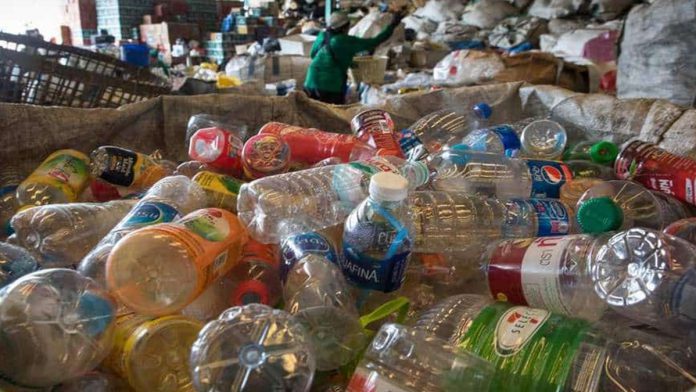Nestlé and Veolia, the world’s leading resource management company, today announced their collaboration to work on waste collection, sorting and recycling of plastic material, with a particular emphasis on flexible plastic packaging. Projects will focus on eleven priority countries across Asia, Africa, Latin America and Europe.
The partnership will also explore technologies to establish viable models of recycling in different countries. This includes chemical recycling technologies like pyrolysis, which is capable to produce virgin quality plastic. These technologies will help Nestlé to increase the recycled content of its bottled water packaging to 35% and its overall product packaging to 15% by 2025.
Magdi Batato, Executive Vice President, Head of Operations, Nestlé, said: “Plastic waste is a challenge that requires an ecosystem of solutions all working simultaneously. This partnership is another specific step to accelerate our efforts in addressing the critical issue of plastic waste. Leveraging on Veolia’s technology and expertise, we will start with pilot projects in multiple countries, with the intention of scaling these up globally.”
Laurent Auguste, Senior Executive Vice-President for Development, Innovation and Markets, Veolia, said: “I am very pleased and welcome the opportunity of this partnership with a global F&B leader like Nestlé, in the quest for a more circular economy of plastics. Our expertise in resource recovery and recycling has positioned us to tackle this issue with global brands and other value-chain actors, across all continents. We believe it is time to move towards more recycling of materials and we are happy to help our clients be ever more inventive so they can keep improving our quality of life, whilst protecting our planet and its resources.”
This partnership with Veolia follows a series of specific initiatives and steps to accelerate action to tackle plastic waste, in line with Nestlé’s commitment to make 100% of its packaging recyclable or reusable by 2025.












